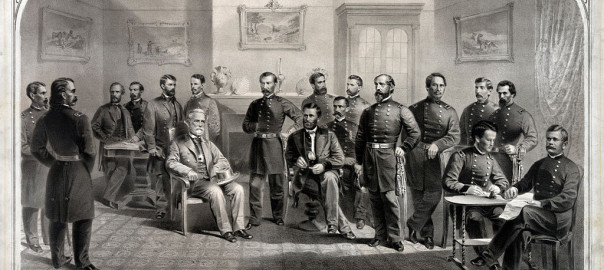This quote from C.S. Lewis helped inspire this blog:
There are no ordinary people. You have never talked to a mere mortal. Nations, cultures, arts, civilizations – these are mortal, and their life is to ours as the life of a gnat. But it is immortals whom we joke with, work with, marry, snub and exploit – immortal horrors or everlasting splendors. – C.S. Lewis, The Weight of Glory
Some of my worst days have come when I’ve forgotten this truth, in one of two different ways. Often, I have forgotten my worth and believed false ideas from others or from inside my own head. Just as often, though, I’ve forgotten that others are also extraordinary and treated them below their status of children of God. I’ve found that I need to remind myself on a regular basis of both sides of this truth: I’m no “ordinary person,” and neither is anyone else.
Forgetting What You’re Worth
When I was struggling with fundraising in my work with InterVarsity, I had a very difficult time remembering that my worth wasn’t measured in how many dollars I managed to raise that week. I never put it in quite those terms, of course, because then it would have been too easy to see through the illusion. Instead, I tortured myself with constant anxiety expressed in a series of “if only”s: if only I made more calls, if only I improved my presentation, if only I had a better system, if only I could find money from somewhere else.
Up until then, I hadn’t dealt with much rejection or vocational struggle in my life. Perhaps if I’d had a telemarketing job in college or done door-to-door sales at some point, I would have developed the ability to ignore rejection and move on to the next challenge sooner. Perhaps – but I’m sure that the struggle would have been just as difficult for me to process. Fortunately, by facing this struggle in the context of InterVarsity, surrounded by many wise and loving people, I had the opportunity to learn that my success in fundraising – or any part of life – had nothing to do with my ultimate identity and worth.
This wisdom has helped me face struggles with my work outside of InterVarsity. Once, when I was dealing with an extremely difficult relationship with a (now former) supervisor, I joked with my wife that she had picked the wrong person to deal with, because I knew that her opinion of me had no power over me.
Neither our failures nor our successes define us.
Continue reading Reminding Yourself of True Worth →
Like this:
Like Loading...



